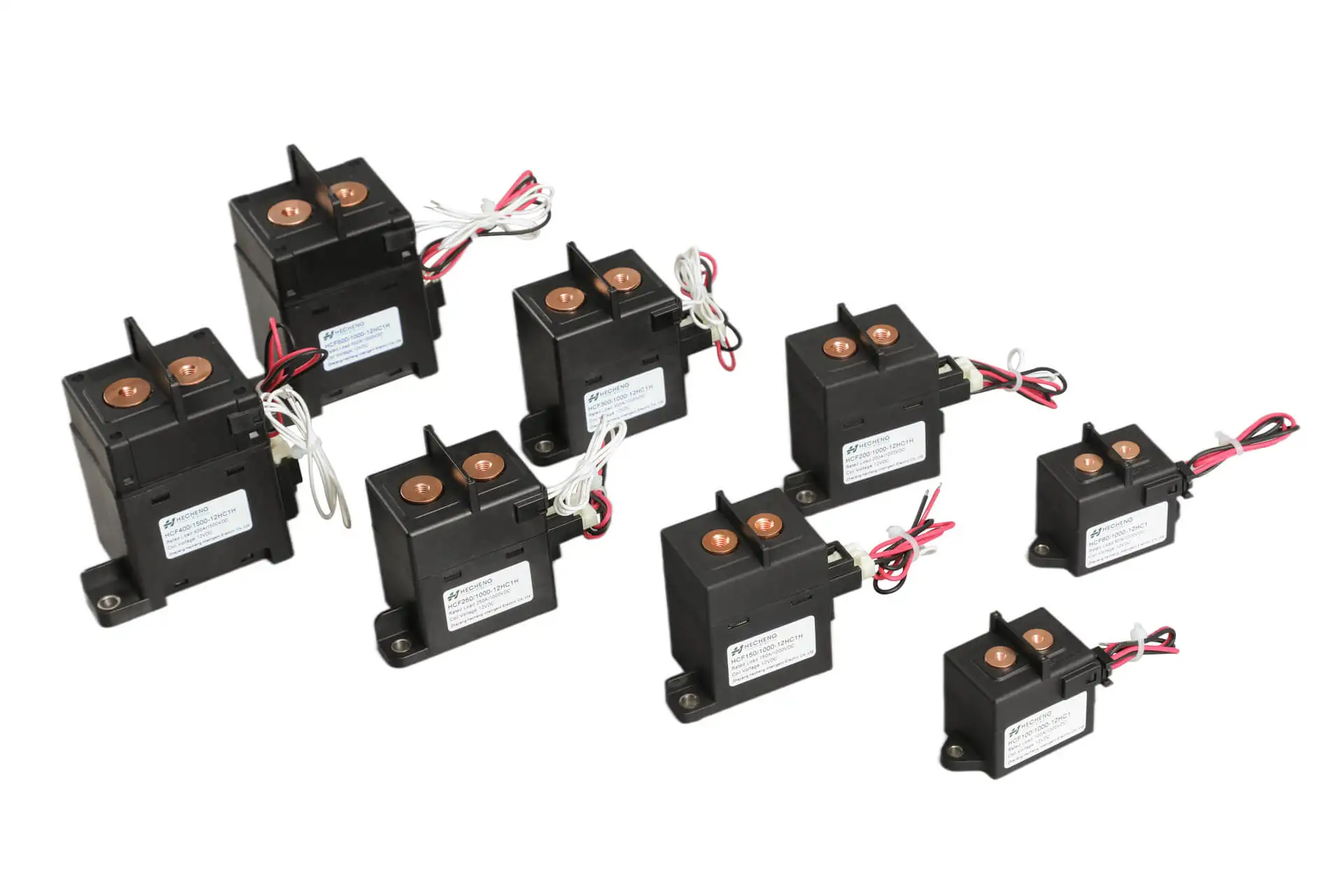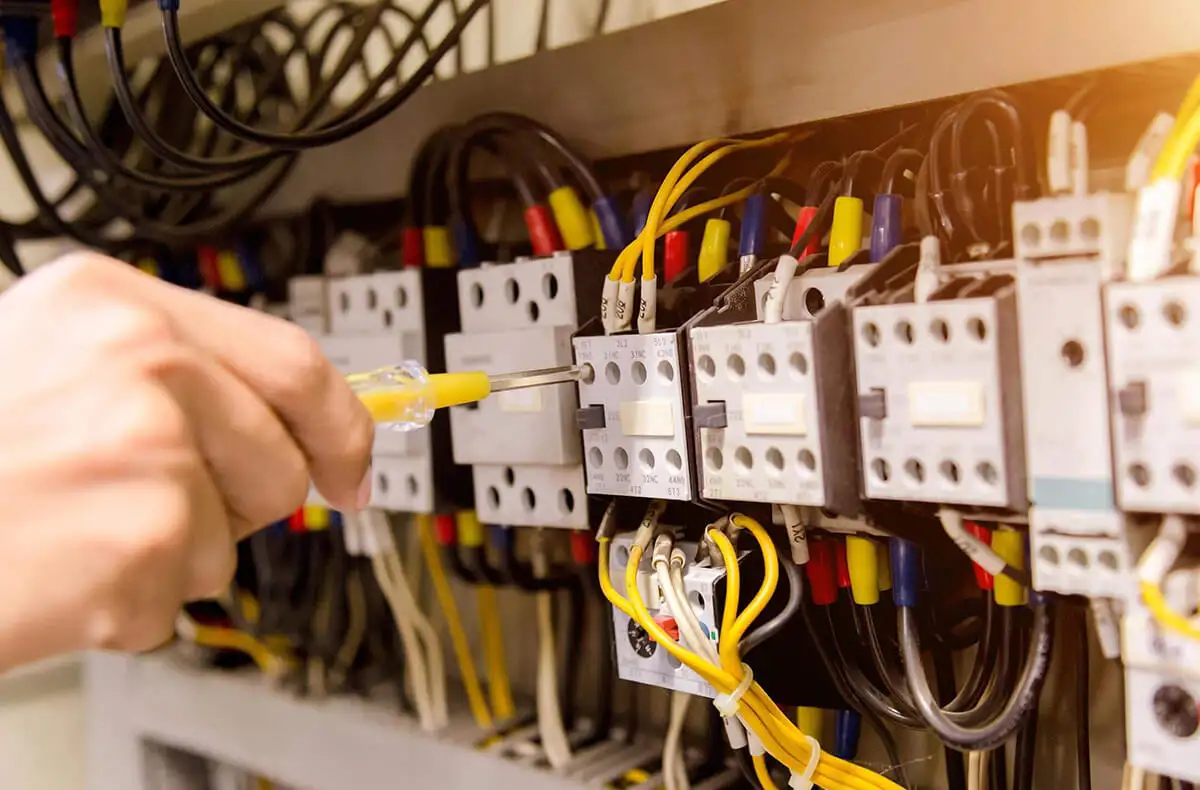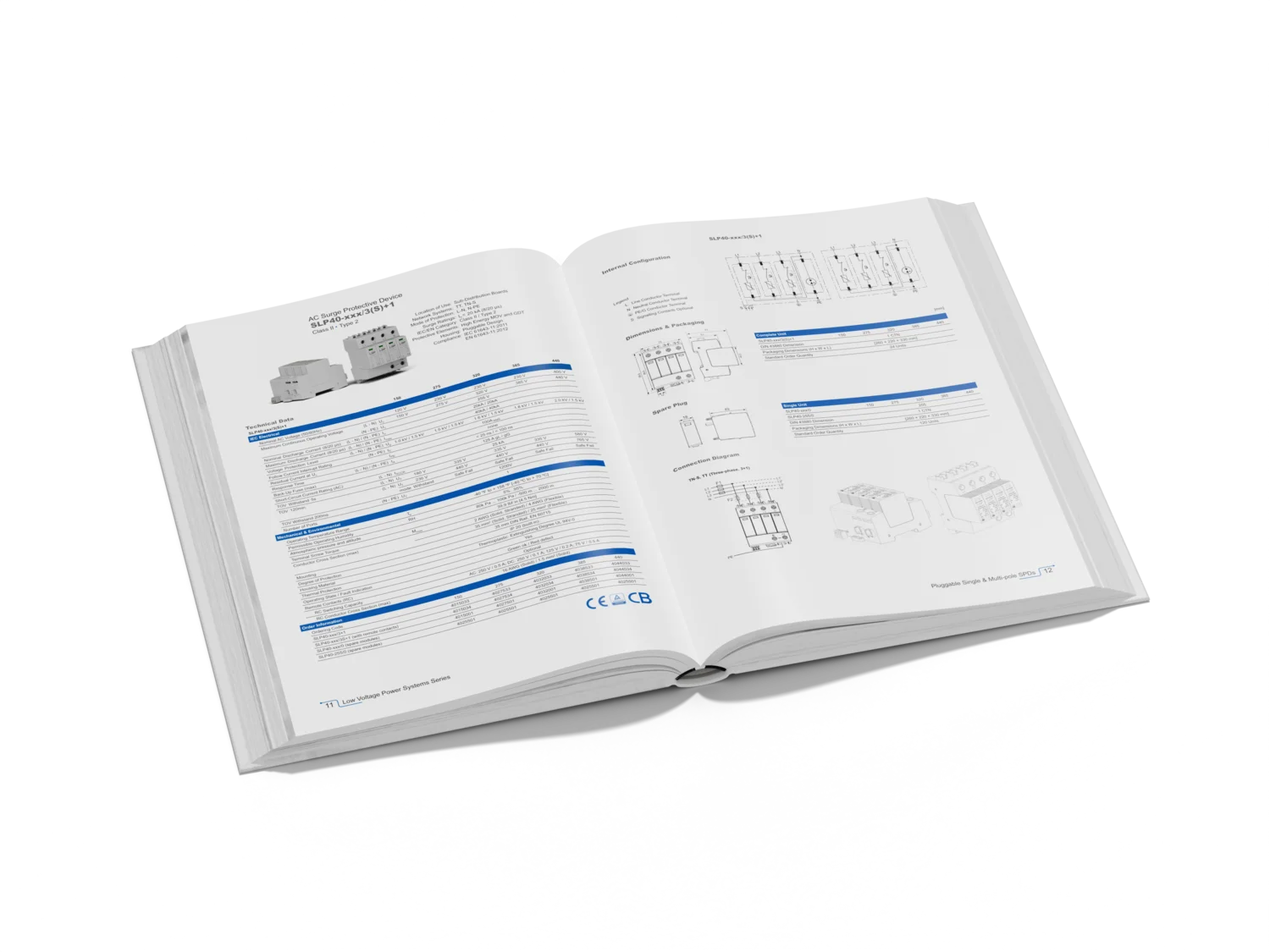High voltage DC fuses play a critical role in ensuring the safety and reliability of electrical systems. When it comes to selecting a manufacturer for these essential components, careful consideration is necessary to guarantee optimal performance and compliance with industry standards. This guide provides a comprehensive overview of key factors to consider when choosing a high voltage DC fuse manufacturer.
Industry advantages:
Product Development Capabilities:
Opt for a manufacturer with an experienced and innovative research and development (R&D) team. Look for evidence of a proactive approach to technology adoption and adaptation. Manufacturers who regularly introduce updated versions of their fuses demonstrate an ability to stay abreast of evolving market needs and advancements in HVDC technology.
Selection:
A manufacturer has a professional R&D team to evaluate the selection and provide a variety of fuse types to adapt to various HVDC system configurations according to the customer’s actual situation. A wide range of options allows for more tailored choices that perfectly match the system requirements.
Price Cost:
Cost Transparency: Seek transparency in the manufacturer’s pricing structure. Understand the breakdown of costs associated with the product. This transparency enables you to evaluate the overall cost-effectiveness of the fuses and make informed decisions aligned with your budgetary constraints
Customization Options:
Evaluate the manufacturer’s capacity to offer customization options. While customization can enhance the suitability of the fuses for your specific application, weigh the benefits against the additional costs. Assess whether the customization aligns with your system’s unique requirements and justifies the investment.
Production capacity:
The Manufacturer is equipped with semi-automatic production lines and plans to equip fully automatic production lines in the future to meet customer delivery needs. Manufacturers with sufficient production capacity are better able to handle large orders and fluctuations in demand, providing you with a reliable supply of fuses.
Delivery Time:
Assess the manufacturer’s track record for meeting delivery timelines. Reliable and timely delivery is crucial for maintaining the efficiency of your project or system. Choose a manufacturer with a reputation for punctual deliveries to avoid potential project delays.
Industry Associations and Collaborations:
Assess the manufacturer’s level of engagement with industry associations and regulatory bodies. Active participation demonstrates a commitment to staying informed about industry trends, standards, and best practices.
Inquire about any collaborations or partnerships with other industry players, as these alliances can contribute to the manufacturer’s credibility and access to the latest industry insights.
Customer References and Testimonials:
Request and thoroughly review customer references and testimonials. This firsthand feedback from existing or previous clients can provide valuable insights into the manufacturer’s performance, responsiveness, and overall customer satisfaction.
Consider reaching out to companies with similar project requirements to gather more specific information on the manufacturer’s capabilities.
Certifications and Third-Party Approvals:
ISO 9001 for Quality Management Systems (QMS):
Choose manufacturers with ISO 9001 certification, which signifies adherence to international standards for quality management. ISO 9001 certification demonstrates a commitment to consistently providing products that meet customer and regulatory requirements. This certification ensures that the manufacturer has established and maintains an effective quality management system, contributing to the reliability and consistency of their products.
ISO 45001 for Occupational Health and Safety:
Prioritize manufacturers with ISO 45001 certification, emphasizing their commitment to occupational health and safety. ISO 45001 certification ensures that the manufacturer has implemented a robust occupational health and safety management system. This commitment contributes to a safe working environment, reducing the risk of accidents and ensuring the well-being of the workforce involved in the production of HVDC fuses.
ISO 14001 for Environmental Management:
Prioritize manufacturers with ISO 14001 certification, indicating their commitment to environmental management practices. This certification demonstrates adherence to international standards for environmental responsibility. Choosing a manufacturer with ISO 14001 certification aligns your procurement process with sustainable and eco-friendly practices, contributing to your organization’s environmental objectives and fostering corporate social responsibility.
IATF16949 for Automotive Quality Standards:
Consider manufacturers with IATF 16949 certification, especially if your HVDC systems are intended for automotive applications. This certification signifies adherence to rigorous quality standards specific to the automotive industry. Manufacturers with IATF 16949 certification are likely to provide fuses that meet or exceed the demanding quality requirements of automotive applications, ensuring reliability and durability.
UL (Underwriters Laboratories) Approval:
Look for manufacturers with UL certification, a mark that signifies compliance with rigorous safety and performance standards established by Underwriters Laboratories. UL certification ensures that the manufacturer’s fuses meet specific safety criteria, providing an additional layer of assurance regarding the safety and reliability of the products. Choosing a manufacturer with UL certification demonstrates a commitment to quality and safety, aligning with the highest industry standards and enhancing the success of your HVDC projects.
CE (Compliance with European Standards)Approval:
Global Recognition: If your projects have an international scope, inquire about adherence to CE standards. CE certification provides global recognition of a manufacturer’s commitment to electrical safety and performance.
Product-Specific Certification: Depending on the application, explore additional certifications relevant to the specific type of high voltage DC fuses required, such as IEC 60282 for expulsion fuses or IEC 60269 for low-voltage fuses.
European Conformity: If the manufacturer intends to distribute products in the European Economic Area (EEA), verify that their products carry the CE marking. This indicates compliance with European Union safety and environmental protection requirements.
TUV Certification(Technical Inspection Association)Approval:
Consider manufacturers with TUV certification, a mark of quality and safety recognized globally. TUV certification indicates that the manufacturer’s processes and products meet stringent quality and safety standards. This certification adds an extra layer of assurance regarding the reliability and performance of the fuses, contributing to the overall success of your HVDC projects.
Quality Control Processes:
Testing Facilities and Procedures:
Facility Infrastructure: Evaluate the manufacturer’s testing facilities, ensuring they are well-equipped with state-of-the-art equipment. The facility should be designed to accommodate various testing requirements for high voltage DC fuses.
Testing Expertise: Assess the qualifications and expertise of the personnel responsible for conducting tests. Experienced and knowledgeable testing professionals contribute to the accuracy and reliability of test results.
Testing Scope: Inquire about the breadth of testing conducted, covering aspects such as electrical performance, thermal behavior, mechanical durability, and environmental conditions. A comprehensive testing approach ensures that the fuse meets all relevant performance criteria.
Comprehensive Quality Control Measures:
Raw Material Inspection: Confirm that the manufacturer has stringent protocols for inspecting and verifying the quality of raw materials used in fuse production. This includes conducting thorough inspections of metals, insulating materials, and any other components critical to fuse construction.
In-Process Quality Checks: Ensure that quality control measures are integrated into every stage of production. This involves real-time inspections and assessments during the manufacturing process to identify and rectify potential issues before they escalate.
Final Product Testing: Emphasize the importance of comprehensive final product testing. This should encompass not only standard performance tests but also evaluations for long-term reliability, safety features, and compliance with industry standards.
Certifications and Quality Management System:
ISO 9001 Certification:
Look for ISO 9001 certification, which is a widely recognized standard for quality management systems. This certification indicates that the manufacturer has implemented effective quality control processes, documentation practices, and continuous improvement initiatives.
Additional Certifications: Inquire about any additional certifications specific to the industry or product, such as ISO 45001 for occupational health and safety or ISO 14001 for environmental management. These certifications reflect a holistic commitment to quality and sustainability.
Traceability and Documentation:
Traceability Systems: Confirm that the manufacturer has robust traceability systems in place. This ensures that each component and assembly can be traced back to its source, facilitating quick identification and resolution of any quality issues.
Documentation Accessibility: Ensure that detailed documentation related to quality control processes is easily accessible. This includes records of inspections, test results, and any corrective actions taken. Transparent documentation fosters trust and accountability.
Continuous Improvement Initiatives:
Feedback Loops: Inquire about how the manufacturer gathers and utilizes feedback from testing and inspection processes. A commitment to continuous improvement involves analyzing data, identifying trends, and implementing changes to enhance product quality.
Root Cause Analysis: Assess the manufacturer’s approach to conducting root cause analyses for any quality issues that may arise. This proactive problem-solving methodology is crucial for preventing recurring issues and improving overall manufacturing processes.
Supplier Quality Management:
Supplier Assessment: Investigate how the manufacturer assesses and manages the quality of components supplied by external vendors. A reliable manufacturer ensures that their suppliers adhere to similar high standards of quality.
Service and Warranty:
Examine the manufacturer’s after-sales service and warranty policies. A manufacturer committed to providing comprehensive support and offering favorable warranty terms reflects confidence in the longevity and reliability of their products. A reliable after-sales service ensures timely assistance in case of issues, contributing to the overall satisfaction with the product.
Testing Facilities and Capabilities:
Laboratory Infrastructure:
Equipment Diversity: Evaluate the diversity of testing equipment available in the manufacturer’s laboratory. This should include apparatus for thermal, electrical, and mechanical testing, covering a wide range of parameters relevant to high voltage DC fuses.
Condition Simulation: Check if the laboratory is equipped to simulate real-world conditions, such as high voltage environments, extreme temperatures, and varying mechanical stresses. This ensures that the fuses undergo testing in conditions reflective of their intended applications.
Thermal Testing:
Heat Dissipation Tests
Assess the ability of the manufacturer’s testing facilities to conduct heat dissipation tests. These tests are crucial for evaluating the thermal performance of high voltage DC fuses under different load conditions.
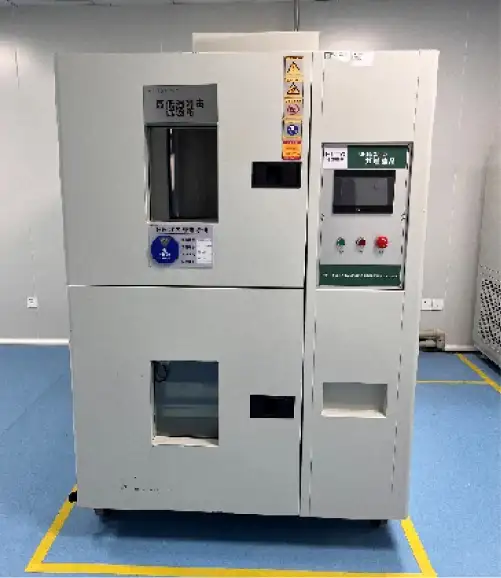
Temperature Cycling Tests
Confirm whether the manufacturer performs temperature cycling tests to assess the fuse’s resilience to temperature variations. This is particularly important for fuses operating in environments with fluctuating temperatures.
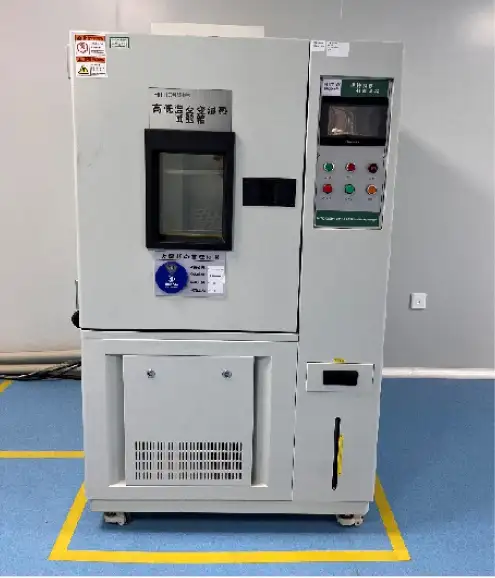
Electrical Testing:
Voltage and Current Testing
Verify that the testing facilities can accurately simulate and apply high voltage and current conditions relevant to the intended use of the fuses. This ensures that the fuses can handle the specified electrical loads without compromising performance.
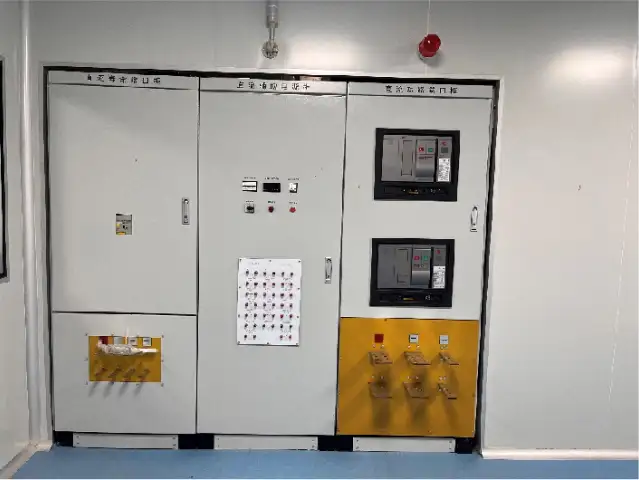
Fault Current Testing
Inquire about the capability to conduct fault current tests, which assess the fuse’s ability to interrupt high currents under fault conditions. This is critical for ensuring the safety and reliability of the electrical system.
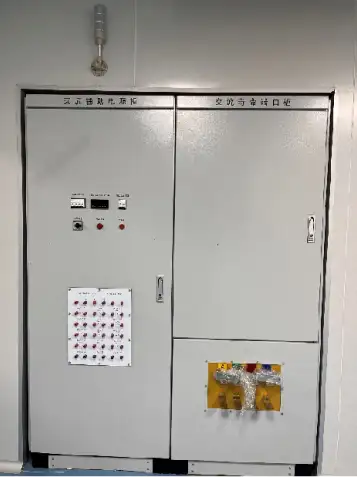
Mechanical Testing:
Vibration and Shock Tests
Confirm the ability to conduct vibration and shock tests, especially if the fuses will be installed in environments with mechanical vibrations or potential impact. These tests ensure that the fuses remain structurally sound and operational.
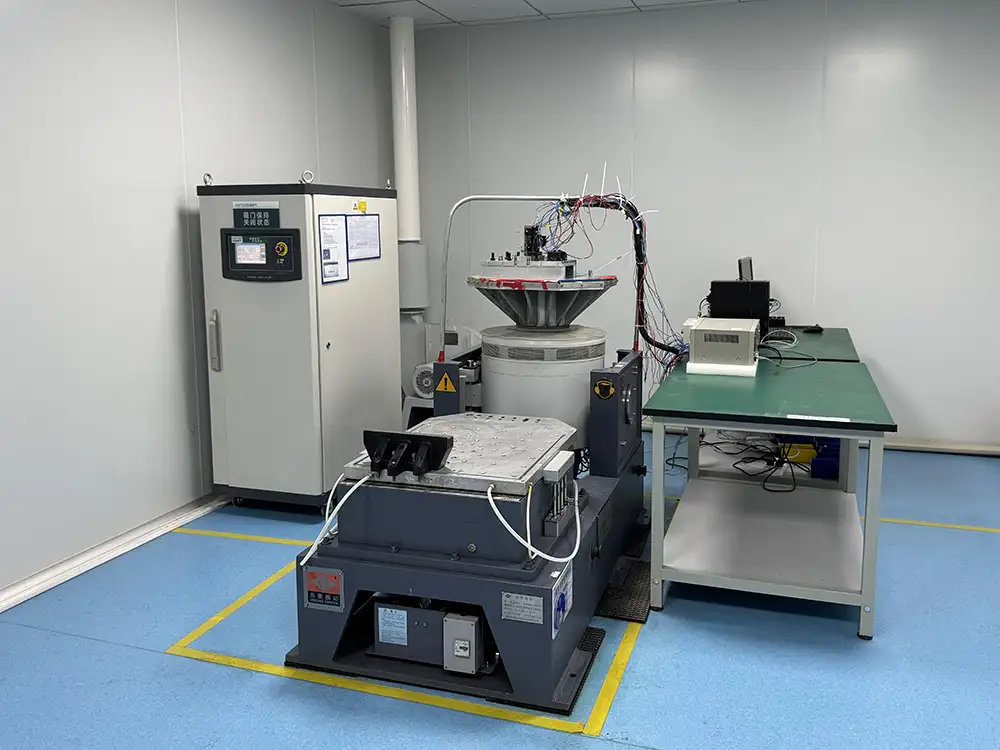
Mechanical Endurance Tests
Inquire about mechanical endurance tests to evaluate the fuse’s durability over time, considering factors such as repeated operations and mechanical stress.
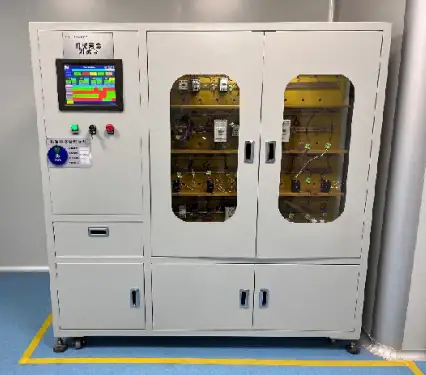
Testing Procedures and Standards:
Adherence to Industry Standards: Verify that the manufacturer’s testing procedures align with relevant industry standards such as IEC or ANSI. Adherence to standardized testing methods ensures consistency and reliability in assessing fuse performance.
Custom Testing Protocols: In cases where standard testing may not fully address specific project requirements, inquire about the manufacturer’s ability to develop custom testing protocols tailored to unique specifications.
Investment in Cutting-Edge Equipment:
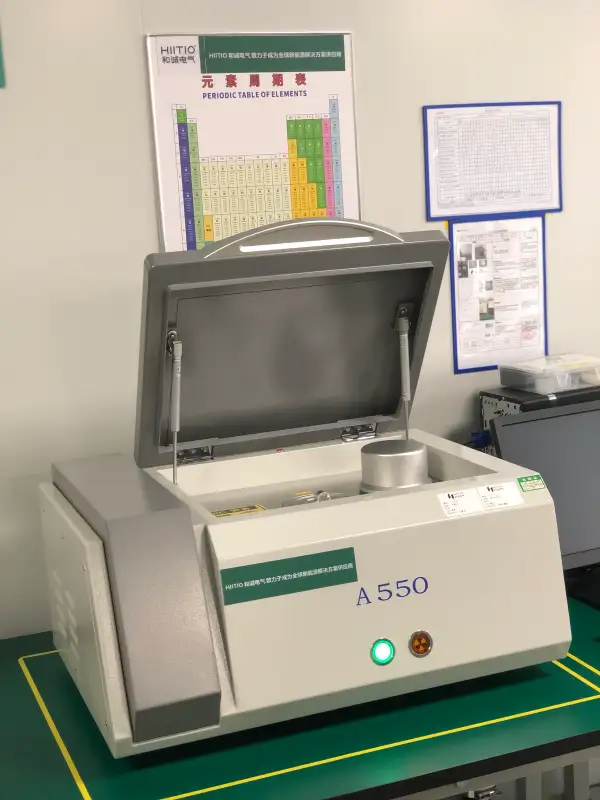
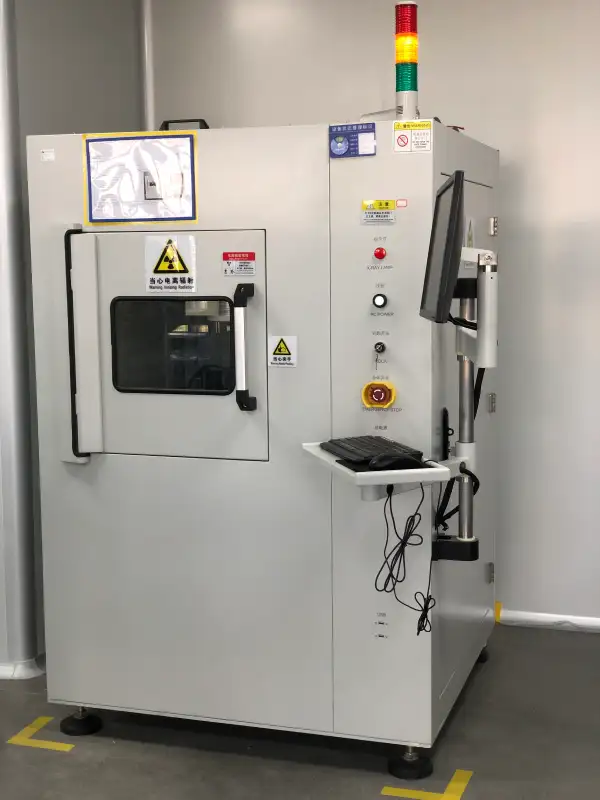
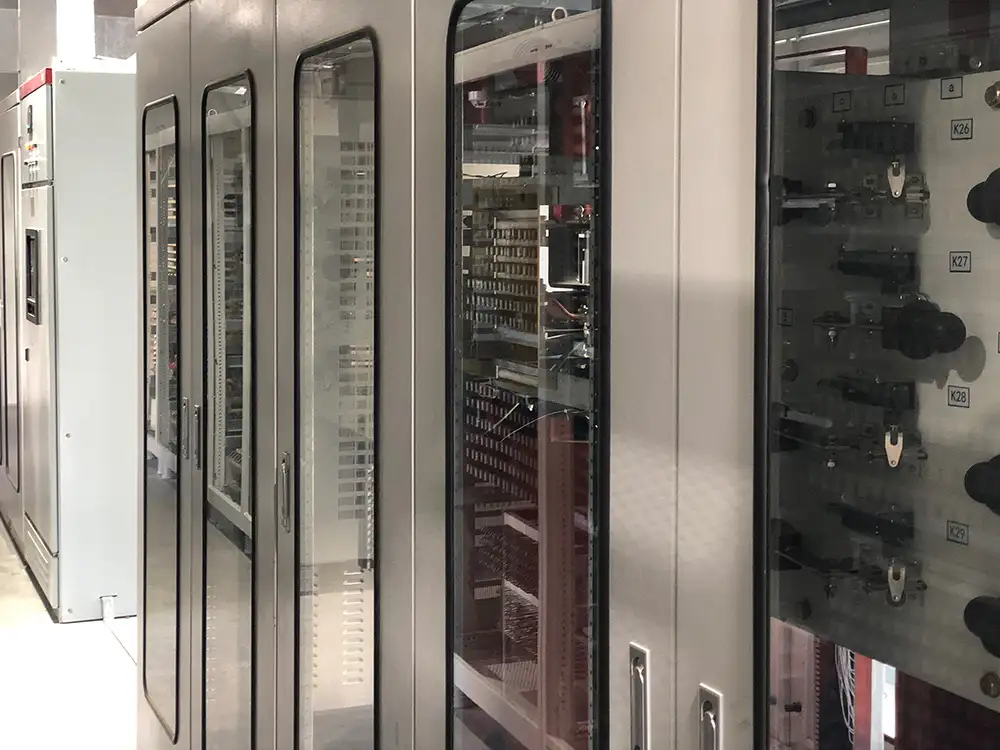
Technology Upgrades: Assess the manufacturer’s commitment to staying at the forefront of testing methodologies by investing in cutting-edge equipment. Regular technology upgrades demonstrate a dedication to precision and accuracy in testing procedures.
Innovation in Testing: Inquire about any innovative approaches or technologies incorporated into their testing processes, showcasing a proactive stance towards adopting advancements in the field.
Quality of Testing Data:
Data Accuracy and Reproducibility: Ensure that the testing procedures emphasize accuracy and reproducibility. Reliable testing should generate consistent results, providing a basis for confident conclusions about the performance of the high voltage DC fuses.



